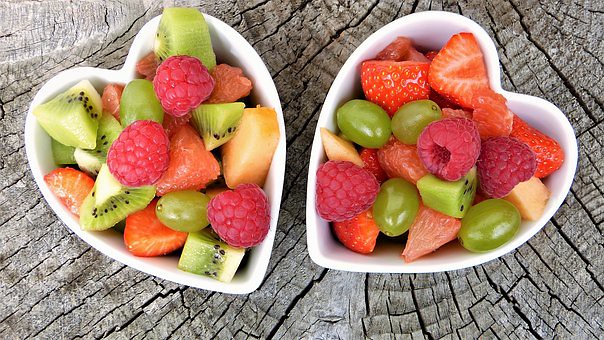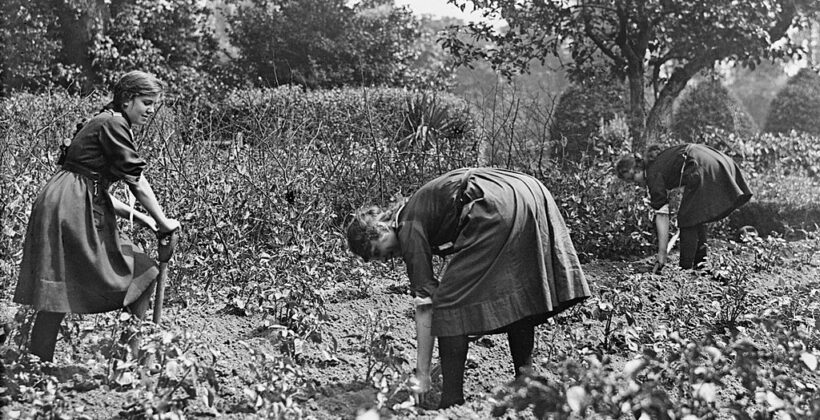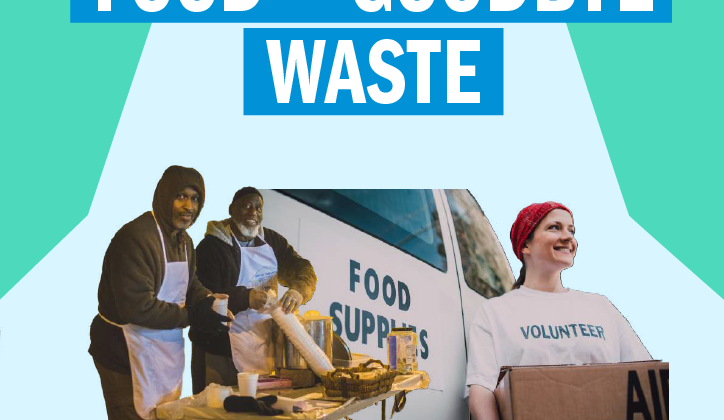
Story of change
Food waste is a climate emergency issue: how to chop it across the boardFood waste is alone responsible for an estimated 8% of annual greenhouse gas emissions globally, equal to the amount from tourism. Cutting it back not only helps mitigate climate change but leads...


